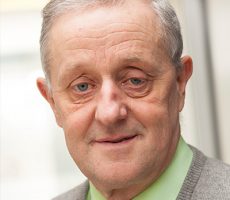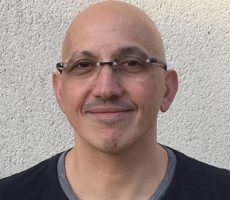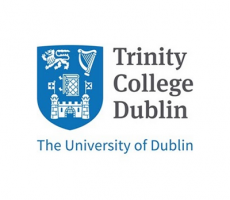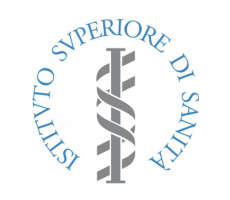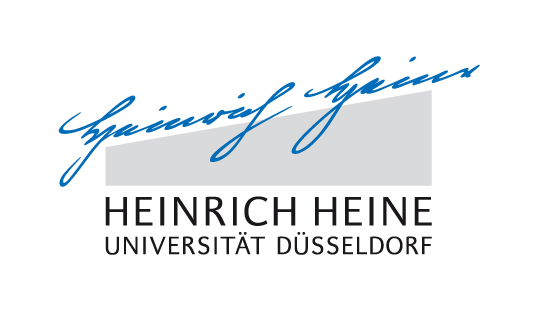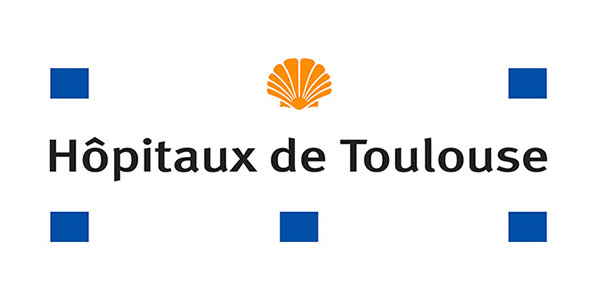
A Phase III Clinical Trial for the use of TUDCA in ALS
About
The TUDCA-ALS Consortium spans seven countries in the EU and is formed by 10 partner organisations who are coming together to conduct this Phase III clinical trial testing the safety and efficacy of Tauroursodeoxycholic acid (TUDCA) as a treatment to slow progression of amyotrophic lateral sclerosis (ALS).
TUDCA-ALS includes a double-blind, placebo-controlled, randomised (1:1 ratio), parallel-group study comparing riluzole plus TUDCA to riluzole plus placebo. The study is taking place over an 18-month treatment period.
TUDCA-ALS embarked on its 4-year collaborative journey to conduct this new Phase III Clinical Trial in January 2018 and is supported by a grant provided by the European Commission’s Horizon 2020 research and innovation programme.
The project is coordinated by Professor Alberto Albanese of Humanitas University Clinical and Research Center (Humanitas Mirasole SpA) NeuroCenter Unit (Italy) and brings together a team of excellence that includes leading research scientists, laboratories and clinicians from Italy, France, Belgium, The Netherlands, Ireland, United Kingdom and Germany. They are working closely with a Small and Medium Enterprise (SME) Bruschettini srl, an independent company which manufactures and markets high quality pharmaceutical products, and the MND Association of England, Wales and Northern Ireland, one of the biggest ALS/MND charities in Europe.
At the moment, there is no cure for ALS and the few limited treatments currently available slow down disease progression by only a few months. An initial pilot study on 60 patients recently showed that TUDCA significantly delayed the degeneration of motor neurons in ALS patients by about one third, thus allowing for longer survival.
Professor Alberto Albanese
What is the TUDCA-ALS Project?
The primary goal is to demonstrate the clinical efficacy and safety of TUDCA, a drug with potentially protective effects on motor neurons, in reducing the progression of neurodegeneration in patients with ALS. This phase III placebo-controlled, double-blind, European multicentre randomized clinical trial is designed to demonstrate a decrease in rate of functional disability and progression with TUDCA as an add-on to the standard riluzole treatment, compared to riluzole alone.
The secondary goal is to correlate clinical outcomes with changes in biomarkers related to disease progression (neurofilaments, NF) or influenced by TUDCA protective activity (matrix metalloproteinase 9, MMP-9).

Measures of NF levels in the cerebrospinal fluid (CSF) and serum of people living with ALS will provide a biological measure of disease progression in patients treated with active compound (TUDCA) or placebo. Neuronal MMP-9 is a marker of cellular neurodegeneration. Measures of MMP-9 expression in serum will serve as a mirror for TUDCA neuronal protective action. The aims are (i) to provide a proof of mechanism for TUDCA and (ii) see how the people living with ALS who are taking the active drug are responding to the drug. Because of the already-proven neuroprotective agent in ALS (riluzole), we can assess the changes in CSF NF levels in people taking riluzole and TUDCA, and compare these to those on riluzole only. This design will help to assess the variation of biomarkers in patients receiving the reference and the experimental treatment, and also provide the opportunity to comparatively explore mechanisms underpinning disease activity and drug response.
Are you a person living with ALS?
Results from a small, short-term trial indicate that TUDCA could slow down the progression of ALS, but this needs to be verified in a larger trial and over a longer period of time. The TUDCA-ALS project will use a clinical trial to look at the safety and effectiveness of using TUDCA as a treatment alongside riluzole, the only currently available treatment in Europe. People who enrol into the TUDCA-ALS clinical trial will be randomly assigned (50% and 50%) to either taking TUDCA in capsule form (known as the active drug arm), or taking an identical capsule that will not contain TUDCA (known as a placebo arm). The TUDCA-ALS project will then follow the study participants and assess how well TUDCA is working by using biomarkers specific to ALS and TUDCA (chemicals in the blood and cerebrospinal fluid that will indicate any changes that are occurring over time).
At the end of the clinical trial, all study participants will have the opportunity to continue onto an open label phase of the study, where they will be given TUDCA regardless of whether they were in the TUDCA or placebo arm of the clinical trial.
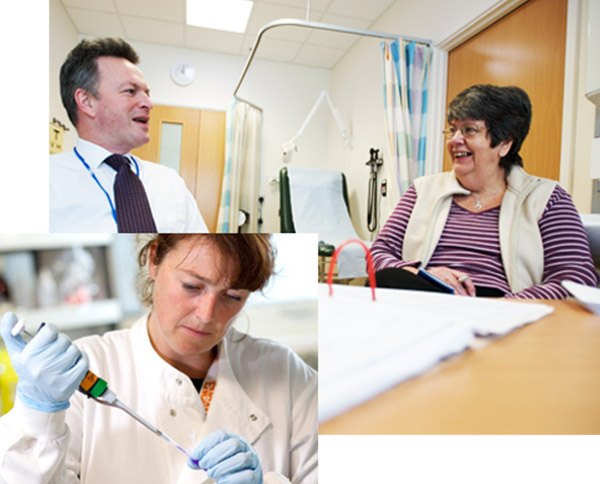
TUDCA-ALS Partners, Independent Advisory Board (IAB) and Independent Ethic Board – Data Safety Monitoring Board (IEB-DSMB)
ACTIVITY
See the Progress we are Making
As the TUDCA-ALS project continues, we will update this live progress chart with key highlights. This information is mainly for those researchers and clinicians involved in the trial. For more general updates, visit the news section.
Summary
-
January 1st, 2018
TUDCA-ALS started
-
January 31st, 2018
The Consortium secured intranet and management book (Deliverable 6.1) was submitted to the EC
-
April 17th, 2018
The Dissemination and Exploitation Plan (Devlierable 5.1) was submitted to the EC.
-
June 1st, 2018
The TUDCA-ALS website was launched.
-
October 1st, 2018
The Project Website Report (Deliverable 5.3) was submitted to the EC.
-
October 10th, 2018
The Dossier for regulatory submissions (Deliverable 1.1) was submitted to the EC.
-
January, 2019
First participant is recruited into the TUDCA-ALS Clinical Trial


